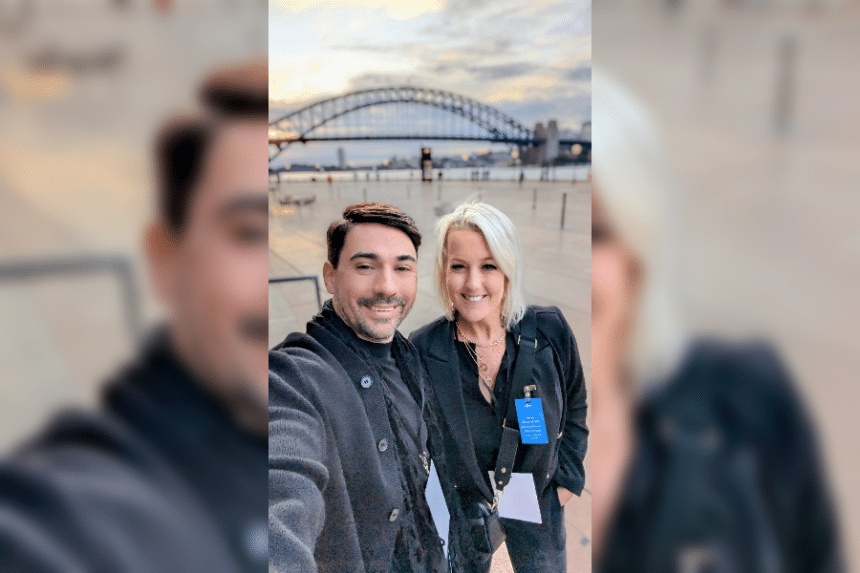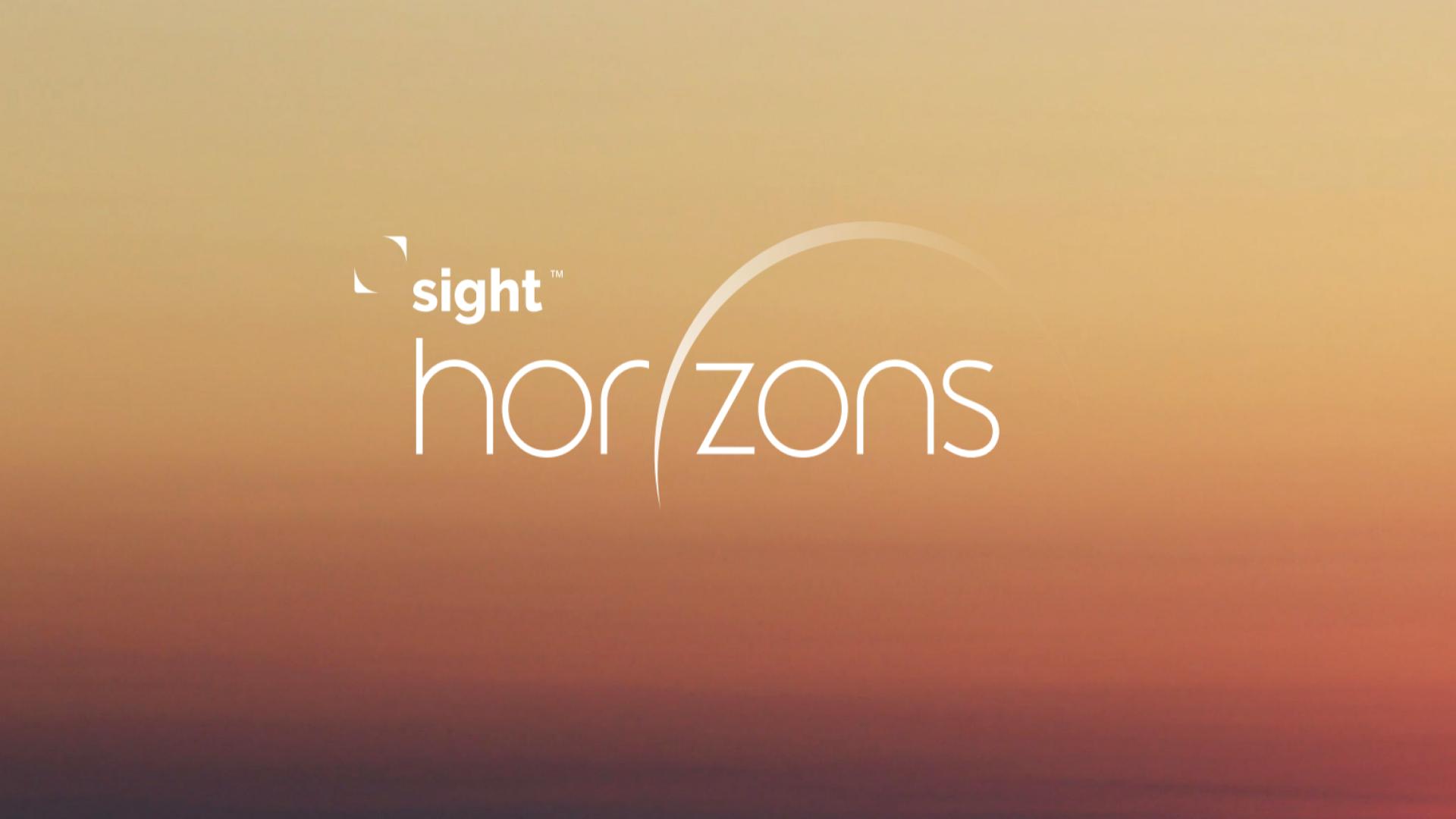One Under 30: Young Creative Spotlight — Law Chian Thye


The Basics
Name: Law Chian Thye (CT Law)
Age: 27
Agency: Sight
Position: Producer
Hometown: Singapore
Current Location: Singapore
Education: Diploma In Integrated Events Management, Republic Polytechnic Singapore
Seven Questions
How did you get your first break in the industry?
My initial break in the events industry wasn’t a typical one. It arose when my team and I earned the chance to present our winning proposal at PCMA Convening Leaders 2018 in Nashville after achieving 1st runner-up in the Singapore MICE Challenge 2017.
This experience, which was truly eye-opening and went beyond textbook knowledge, solidified my passion for Events and Tourism Management. Consequently, I secured an internship with George P. Johnson, marking the start of my career in the field. I am especially thankful for the support of Ms. Faith Ng from Republic Polytechnic, who was instrumental in this progression.
What is your personal mantra?
Initially, my personal mantra was “Passion Made Possible,” stemming from the idea that my dedication to the industry empowered my pursuit of excellence.
I am a firm believer that continuous improvement requires us to look beyond adequacy and constantly seek to elevate our standards in all aspects.
My current guiding principle is “Unlearn, Relearn, and Stay Relevant.” I find these concepts to be intrinsically linked in my ongoing journey of growth, which notably includes personal character development. I am a firm believer that continuous improvement requires us to look beyond adequacy and constantly seek to elevate our standards in all aspects.
From what person, place or thing have you drawn your greatest creative inspiration?
I draw significant creative inspiration from two key sources: the collaborative spirit and generous teaching of my peers, and most notably, my mentor at Sight, Ms. Anna Patterson. The knowledge I gain from experienced colleagues each day strengthens my passion for exceeding client expectations.
Ms. Patterson’s genuine mentorship has been particularly impactful; her guidance often shapes my perspective, especially her encouraging words that creativity is about application, not inherent talent.
The knowledge I gain from experienced colleagues each day strengthens my passion for exceeding client expectations.
My exposure to new concepts and observing successful event strategies also plays a crucial role. By adapting these insights and recognizing their potential relevance, I strive to develop unique and impactful solutions for our clients. The continuous process of learning and refining my skills in this field is also a constant source of motivation.
What do you love about the job?
What I find most rewarding about this job is the human element – the emotions and expressions people bring to an event, the way storytelling weaves an event into a brand experience.
There’s a unique satisfaction when clients or attendees approach us and says, “Good job,” or “This has been an amazing event; your team did fantastic work.” While it might sound simple, the countless hours of behind-the-scenes effort required to ensure an event’s success often go unnoticed.
A common misconception is that smaller events demand less planning than larger ones. In reality, the planning and execution process remains consistent regardless of the event’s scale – every detail matters.
I’m incredibly excited about the industry’s evolution and eagerly anticipate what the future holds for us as professionals.
Our primary goal as experience designers is to craft a memorable experience throughout the guest journey, creating comfortable spaces that encourage interaction and offer various human touch points. Ultimately, the people are what make event and tourism management truly special. Without attendees, there would be no event. Therefore, my aim is to ensure every event I oversee provides a memorable experience for all guests.
To be honest, I genuinely love what I do! With the continuous advancements in technology like AI, VR, and holograms, I foresee even more opportunities to deliver immersive experiences and new avenues of storytelling for attendees in the future – provided we have the skilled professionals to operate these tools, as manpower has been a significant challenge ever since the pandemic. Overall, I’m incredibly excited about the industry’s evolution and eagerly anticipate what the future holds for us as professionals.
What about your job are you not so crazy about?
What I’m not so crazy about is the initial urge to plan everything down to the last detail. I’ve learned that you can plan all you want, but things rarely go exactly as they do on paper once you’re in execution.
So, while solid planning is key, I think there’s always that last bit – maybe around 10% – where you need to get creative and find operational solutions on the fly to deal with those inevitable little hiccups.
What is some work you’ve done that you’re most proud of?
It’s hard to pick just one, as we’ve delivered so many incredible events, especially since the pandemic. However, a recent event that stands out for me is an incentive gala trip we designed in Athens for a valued client in the crypto industry.
I’m particularly proud of how we embraced the local culture and history, weaving it
into the fabric of the guest journey. Successfully navigating initial challenges with service, the considerable time difference, and language proved incredibly fulfilling.
Given the vast distance between Singapore and Athens – more than 10,000 kilometers – the seamless execution of the event felt almost surreal. Beyond the event itself, we forged meaningful and reliable connections with our partners in that location.
If you had to choose another career what would it be?
If I had to choose another career, it would be in Psychology, particularly Organisational Behaviour. This interest stems from a fascination with mental well-being, as people often ask me why I maintain such a positive outlook despite the heavy workload of the event industry.
My philosophy is to channel any potential negative energy into positive action, believing that positive momentum yields positive results. Encouraging a supportive environment where we uplift each other, rather than dwelling on negativity, is also key.
My philosophy is to channel any potential negative energy into positive action, believing that positive momentum yields positive results.
Furthermore, my interest in Organisational Behaviour lies in bridging the communication gaps between top-down directives and bottom-up feedback. While management decisions usually have a rationale, feedback from those executing the work is crucial for success.
By fostering open communication, we ensure all voices are heard, as different perspectives can offer valuable insights for better decision-making and potentially lead to significantly improved outcomes.






